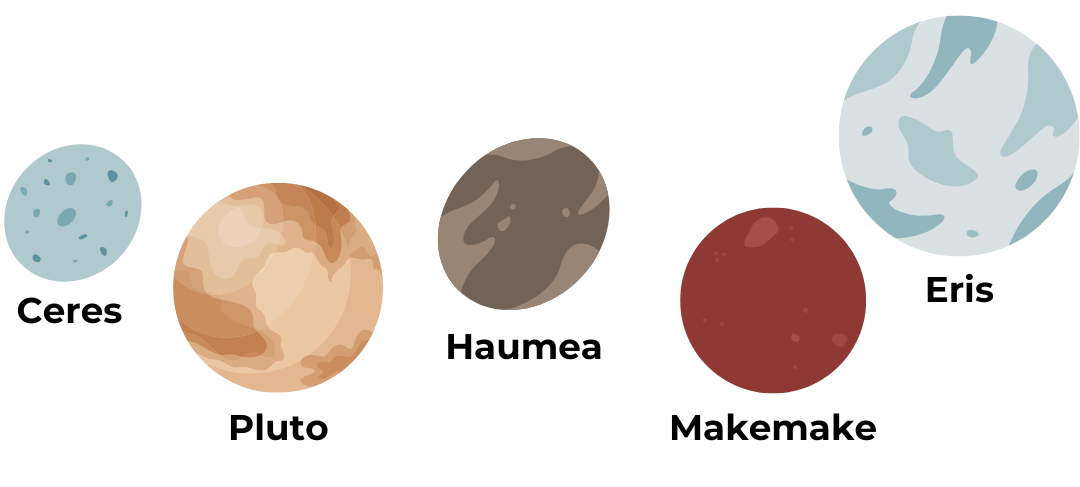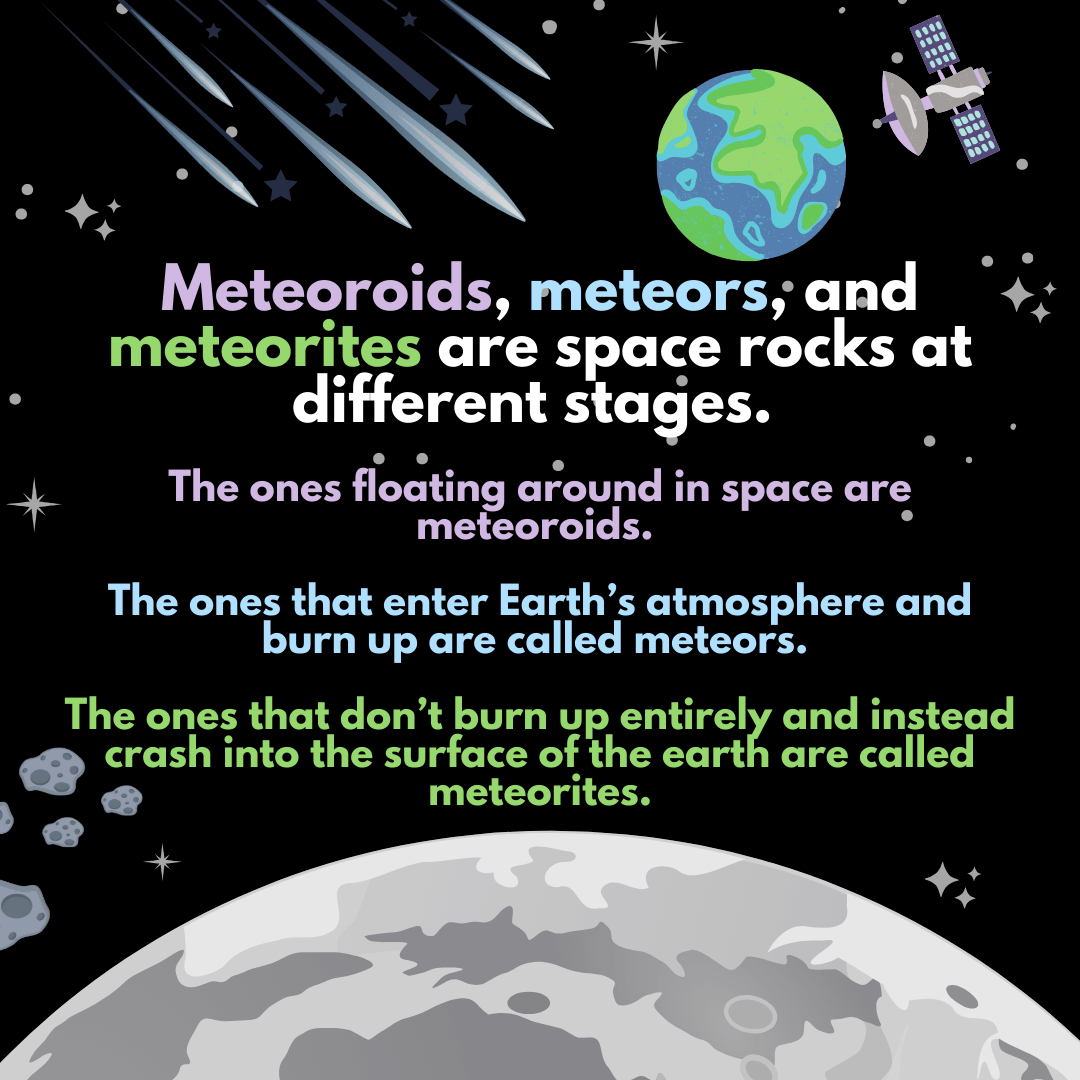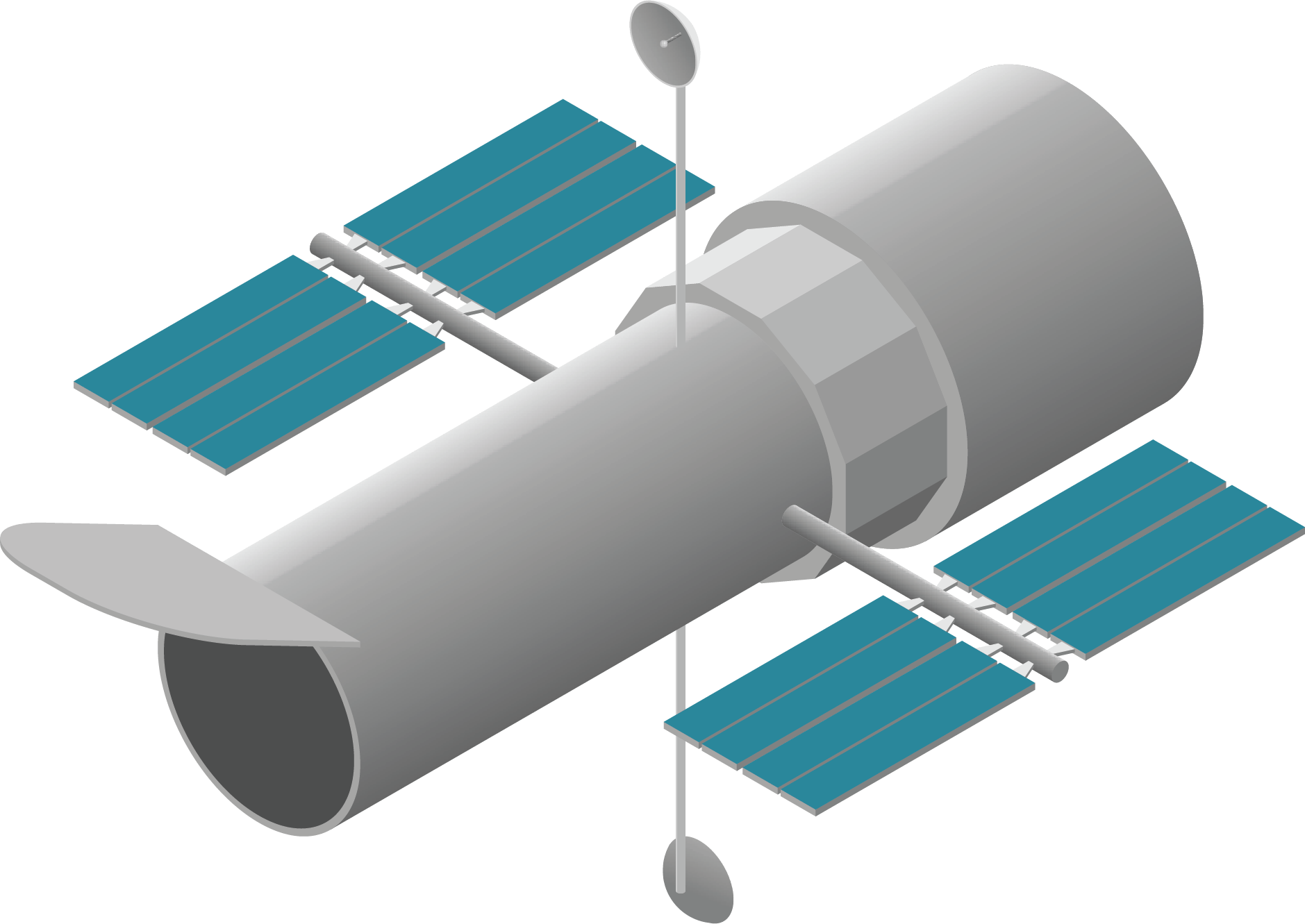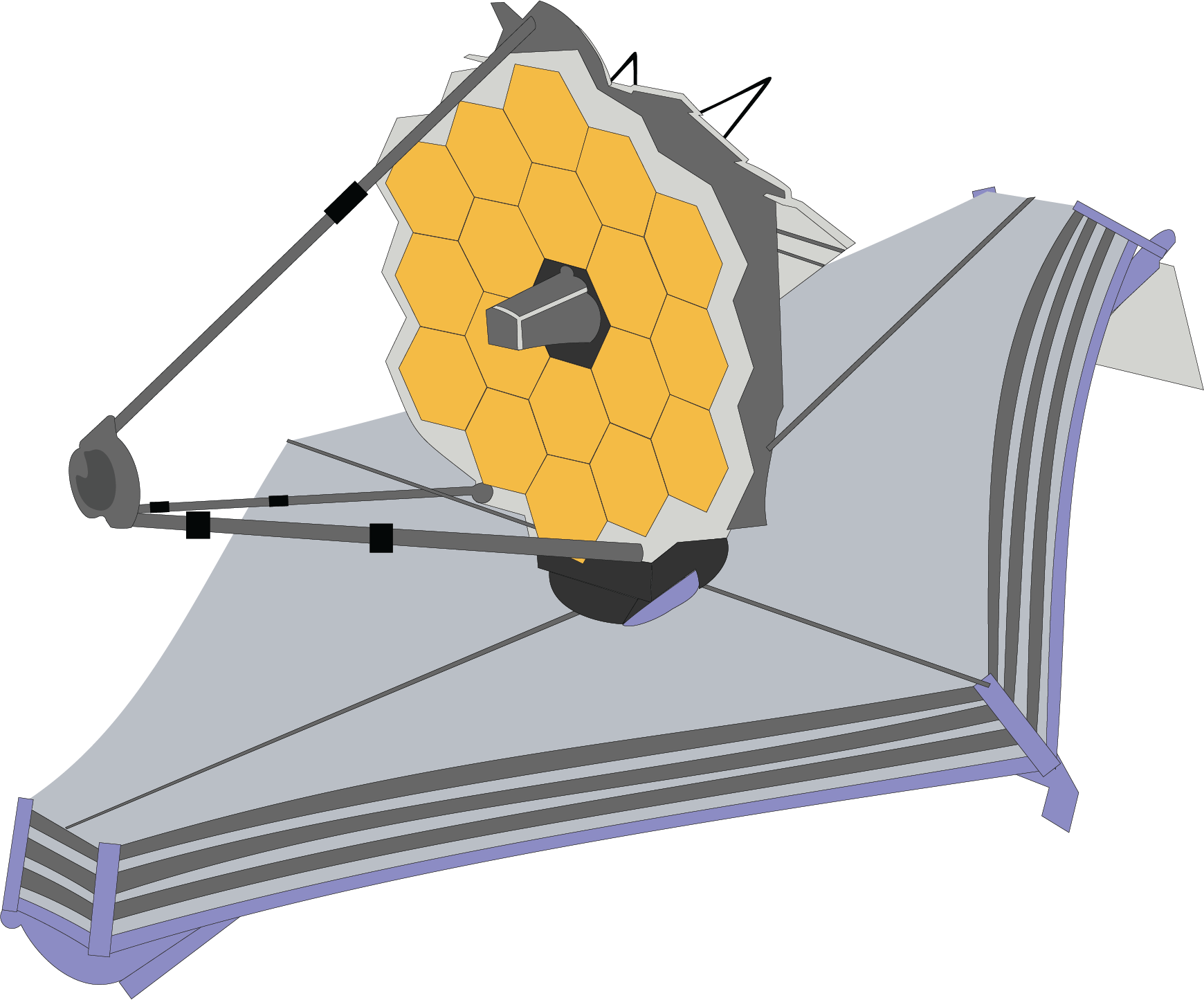The Catawba Science Center has officially launched Expanding Horizons in the Hall of Astronomy! Explore our solar system and learn all about space travel, where we’ve been, where we’re going, and how new technology will help us get there. Prepare to join humanity’s quest to expand our horizons!

A dwarf planet is a celestial body that orbits the sun, has sufficient mass to be nearly round, but has not cleared its neighboring region of other debris.
Our solar system has five dwarf planets. In order of distance from the Sun they are: Ceres, Pluto, Haumea, Makemake, and Eris. In 2006, Pluto was reclassified as a dwarf planet by the International Astronomical Union.



The next giant leap of human space travel includes a mission beyond the moon - Mars! Even with the advancement in technology, the mission to Mars comes with complex preparations, including the development of spacecraft capability and establishments of sustainable habits and life support systems.
Living and working on Mars will present challenges. Experience a simulation of life on Mars within the Mars Pod, at this exhibit. Pick a profession as a Mapper, Pod Engineer, Rover Pilot, or Nutritionist and engage in tasks essential to the Mars mission. Learning more about Mars will help us understand more about planetary geology, the history of the solar system, and how life evolves.
Space mission control is a critical component of any space exploration endeavor, serving as the nerve center for monitoring, directing, and coordinating all aspects of a mission. It plays a crucial role in ensuring the safety, success, and efficiency of space missions by overseeing spacecraft operations, communicating with astronauts or robotic probes, and making real-time decisions based on data and telemetry received from the mission.
Choose an assignment at the Multi-Mission Operations Center, in the Expanding Horizons exhibit, to explore all about the telescopes in space. Telescopes in space are controlled by scientists on Earth. Scientists can send signals to the telescope to give commands about where to take pictures and how to collect data. They also receive signals from the telescopes containing images and data.

Hubble Space Telescope
The Hubble Space Telescope, launched in 1990, is a powerful observatory orbiting Earth. It has captured stunning images of distant galaxies, stars, and nebulae, revolutionizing our understanding of space.

James Webb Space Telescope
The James Webb Space Telescope's focus is on observing the universe in infrared wavelengths, allowing it to study the formation of galaxies, stars, and planets with detail.
Planetarium shows are included with price of admission. View showtimes below and learn more about the current planetarium shows HERE.


Took the kiddos and they loved it. Employees were nice and helpful. If your looking for something to do with the kids give this place a shot.
Fabulous and I don’t often give praise. We took our grandson and were there for hours. He loved it and so did we.
What a wonderful place to visit! Great environment to learn and the staff is very helpful! Hickory is lucky to have great family education and entertainment.
We love the Science Center! I take my 2 and 4 year old boys weekly to play and enjoy the exhibits. The staff are wonderful and the classes offered are excellent! We are so blessed to have such an amazing resource in our area.
This place was great. We have kids from 8 to 1 and they all had a great time. What I really liked is most of the exhibits are hands on and that really kept them occupied.
